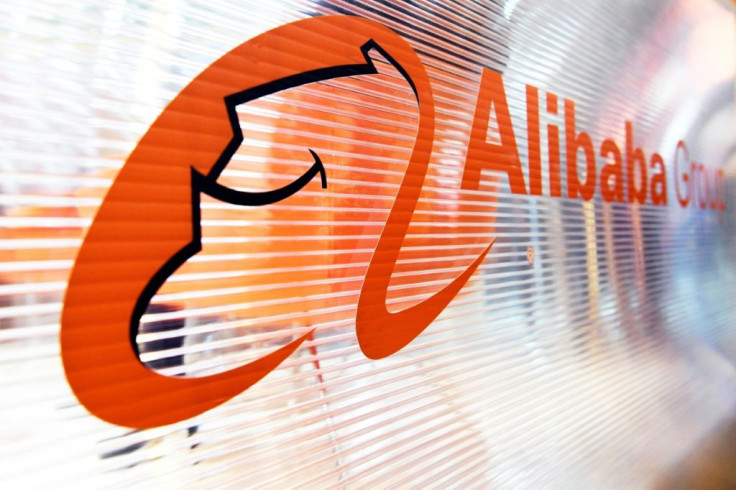What Is Alibaba, China's E-commerce Giant?

Formed in the Hangzhou flat of co-founder Jack Ma in 1999, Alibaba has ridden the seemingly insatiable Chinese appetite for online shopping to become one of the world's most valuable companies.
On Friday, the US-listed company confirmed plans to add its value further, but listing additional shares in Hong Kong in an offering worth around $13 billion.
Here are the answers to key questions about the company:
Ma, a former English teacher who claims to have never written a line of computer code, had dabbled in various ventures with mixed success before friends introduced him to the internet while on a 1990s trip to the United States.
With Amazon already making waves in online shopping, Ma convinced a group of Chinese and foreign friends to front $60,000 in 1999 for a business-to-business e-commerce venture.
Ma dubbed it "Alibaba" because the name is easily pronounced in virtually any language, including Chinese, and because the "open sesame" catchphrase signified that its platforms "open a doorway to fortune for small businesses", according to the company.
Alibaba was founded at a time when Chinese incomes were soaring after decades of rapid economic growth and the country was becoming increasingly digitalised.
That allowed Alibaba to easily facilitate commerce between consumers increasingly hooked on the ease of online shopping, and the country's countless manufacturers of cheap goods.
Today, China has the world's largest online population -- in excess of 850 million -- most of them smartphone users deeply immersed in the country's growing digital ecosystem and e-commerce.
The business generated by Alibaba's own mobile monthly active users -- which reached 785 million in the most recent financial latest quarter -- propelled rapid growth, and in September 2014, the company listed on Wall Street, raising $25 billion in what remains the largest IPO ever.
E-commerce remains the company's bread and butter, conducted mainly via its largely consumer-to-consumer Taobao site and the more business-to-consumer Tmall, and typically paid for via its digital-payments unit Alipay, which has become a pioneer in that sector.
Through Alibaba's platforms, Chinese consumers can buy a wide array of products from clothing to electronics, food, luxury products and even more unusual goods -- including Boeing 747 cargo planes.
But Alibaba's success has seen it invest heavily in new business lines as well.
It owns leading Chinese video streaming website Youku, and its Alibaba Pictures unit in 2016 bought a stake in Steven Spielberg's Amblin Partners, which owns DreamWorks Pictures, among other entertainment ventures.
It also is investing in cloud computing and other aspects of China's growing digital ecosystem including the acquisition of Chinese food-delivery leader Ele.me.
Alibaba is now the most valuable public Chinese company, with a market capitalisation of around $477 billion as of this week, and one of the top-10 most valuable in the world, though still trailing US e-commerce counterpart Amazon, which is worth around $870 billion.
Alibaba now claims nearly 104,000 employees at its headquarters in Ma's hometown of Hangzhou in China's eastern province of Zhejiang, but also around China and overseas.
The company has in recent years taken steps to go global, primarily in Southeast Asia where it runs the Lazada e-commerce platform.
© Copyright AFP 2024. All rights reserved.




















